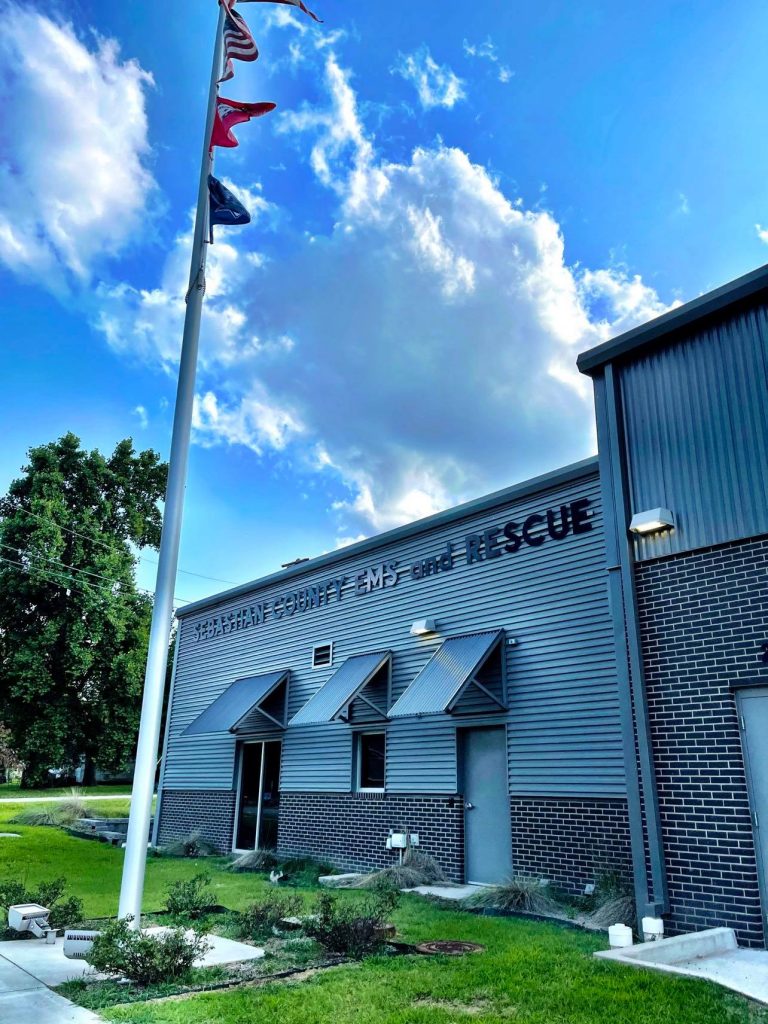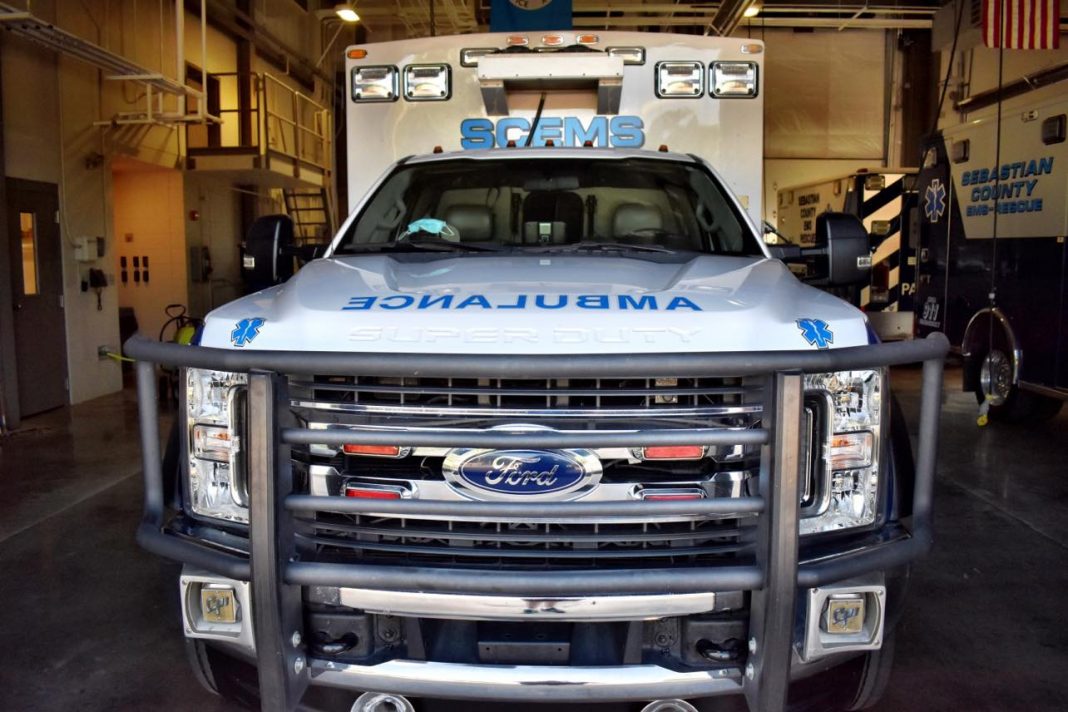With the summer months still ahead of us, we’re all feeling the heat. And, with the hottest months of the year still yet to come, it’s well worth revisiting some tips when it comes to the dangers of heat exposure.
According to Sebastian County Emergency Medical Services Paramedic Shane Rowe, anytime it gets above 95 degrees, and the humidity is higher than 65%, heat-related emergencies become more commonplace. “About 60% of the human body is comprised of water. The hotter and more humid weather becomes, the quicker we sweat and lose water. This can happen at a higher rate than one might believe. Fluid loss is body weight proportionate and can be anywhere from 3-4 liters per hour to as much as 10 liters per day in the summer heat. This is equivalent in U.S. measurement to 1.5-2.6 gallons per day of lost fluids. That is a lot of water!”
Rowe added that this process is accelerated when someone is out in the direct sunlight and exerting energy. “The body’s natural response to overheating is to perspire,” stated Rowe. “This is how we lose body heat. When we lose more water than we are taking in then we begin to lose the ability to shed body heat via perspiration.”
Knowing the signs of heat exhaustion and stroke could save a life. Rowe noted that the big difference between exhaustion and stroke is the level of awareness and whether or not the patient is still sweating.
“When the sweating stops, this means the body’s compensatory mechanisms are failing and body temp will rise rapidly,” shared Rowe.
Signs of heat exhaustion could be leg or abdominal cramps, heavy sweating with salt rings on clothing, dizziness, faint feeling, shortness of breath, or chest tightness. “Most of the time, the person will still be sweating and will be completely alert,” Rowe added.
Signs of heat stroke would be hot, red, and dry skin that can no longer sweat due to excessive water loss. That person may also be altered mentally, have a decreased level of consciousness, and may have hypotension and a rapid heart rate. Their core body temperature will often be more than 102-104 degrees F. Rowe stated that these patients are truly emergently ill and may require ambulance transport and hospitalization.
Those at highest risk for heat-related emergencies are the very young, babies and toddlers, the elderly, and those with any significant pre-existing medical conditions. Rowe stated that the hot and humid air can complicate breathing problems such as COPD and congestive heart failure. “Those patients should definitely stay inside, stay cool, and use dehumidifiers as much as possible,” recommended Rowe.

Rowe also recommended that if anyone is out in the heat and cannot avoid it, they should take frequent breaks, drink plenty of cool to cold water, limit soda drinks and coffee or tea as these drinks tend to cause urination and strain the kidneys. “Also, check on your elderly neighbors regularly and ensure that they have air conditioning and water for drinking.”
When the temperatures rise, SCEMS sees a large uptick in these types of calls. “Most are not life-threatening, but each one has the potential to be,” continued Rowe.
He recommended that if someone is suspected of having either of these conditions, heat exhaustion or heat stroke, to immediately remove them from the hot environment and get them in the shade or inside to a cool area. “Consider giving them water to drink (if they are responsive and able to follow simple commands). I even recommend considering Gatorade cut down with water to dilute the sugar intake of it, or use Gatorade Zero sugar.”
If the patient feels faint, dizzy, has stroke-like symptoms, an altered mental status or any other time the patient or bystander feels it necessary, to call 911.







